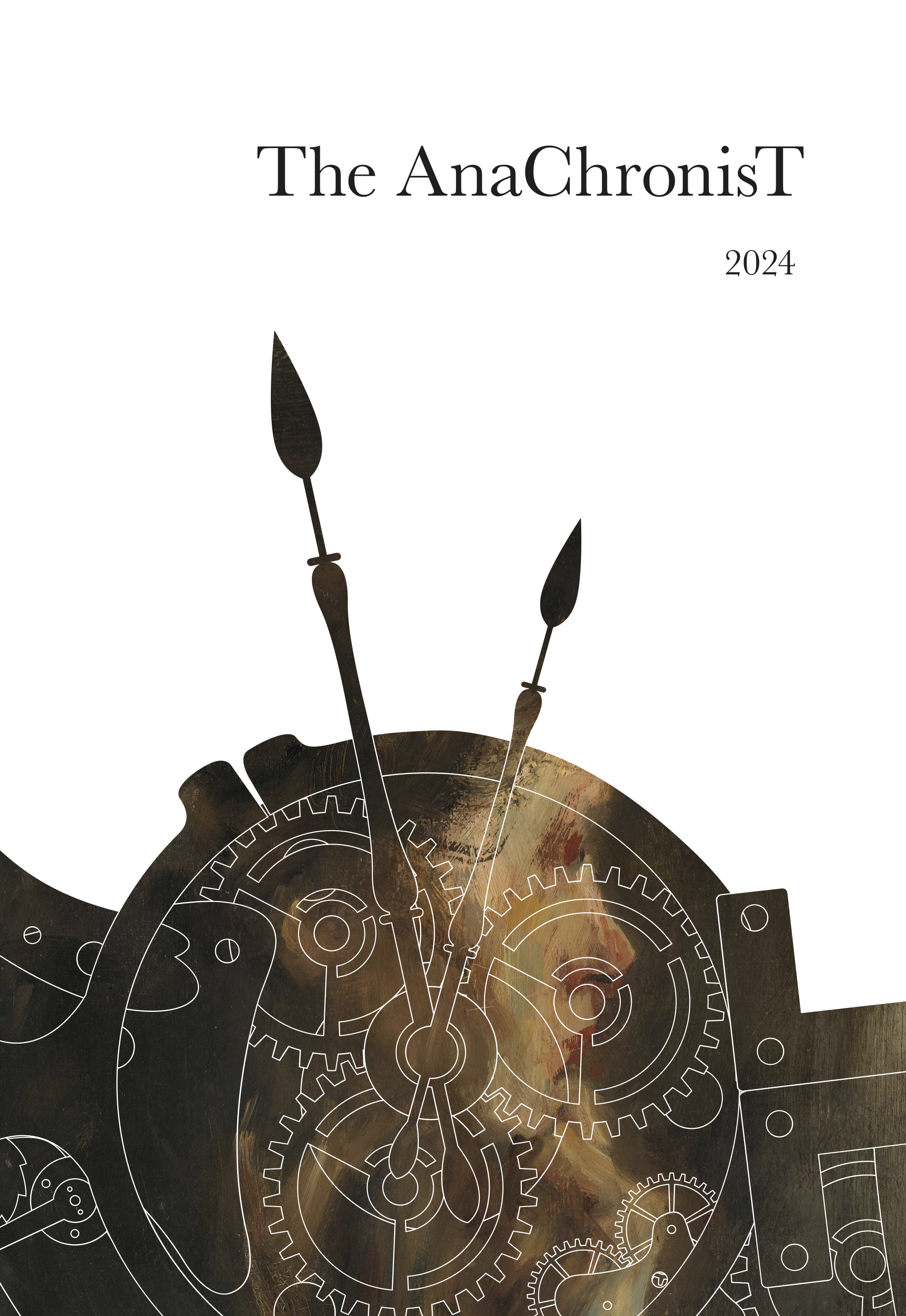"Theotormon hears me not"
Shaming Women in Eighteenth-Century Rape Trials
DOI:
https://doi.org/10.53720/XJDQ2052Keywords:
shame, rape, language, rape law, rape tirals, William BlakeAbstract
In the eighteenth century, rape trials were scenes of obscene shaming of violated women. English rape law supported the rich and the male; therefore, single women were at a disadvantage from the beginning. This phenomenon was commented on and challenged by writers at the end of the eighteenth century, including William Blake. This paper interprets Blake’s narrative poem Visions of the Daughters of Albion as a literary case study depicting the rhetoric of shaming. To show how language was used as a tool for shaming in a courtroom setting, I analyse the script of a trial from 1793. William Blake, by giving voice to her violated female character, Oothoon, used poetry and art to envision how women could refuse to be seen as objects defined by their chastity or the loss thereof.

